William Lilly – Anima Astrologiae (A Guide To Astrology)
We have formerly some thoughts of revising our Introduction to Astrology, now out of print, and to have enriched it from another edition with the choicest aphorisms, both from the writings of the ancients and our own many years’ experience, but the laboriousness of that work, considering our age and many infirmities of body, with the discouragements we have already me with from some ungrateful persons, caused us to lay aside (at least for the present) those
intentions.
Yet that we might not be wholly wanting to promote anything that might tend to the advancement of Art and gratification of its painful students, and knowing how necessary the ensuing Considerations of Guido Bonatus and Aphorisms adjoined, are to be known and regarded, which many of our ingenious countrymen could not do, for they have hitherto remained in the Latin tongue with the rest of the works of these authors in large volumes, difficult to be got at and too chargeable for man to buy, we therefore recommend them to a friend to be translated by themselves, which he has judiciously performed in plain significant language, so that we judge the work may deserve the title Anima Astrologiae which we have given it, comprehending the marrow and substance of Astrology, and much excellent matter necessary to be observed by all honest students that practice Art to discover truth and not to vapour with.
We doubt not but the legitimate Sons and well-wishers of Urania will find considerable advantages from hence, directing them to a certainty in giving judgments upon all occasions, and they will for this publication have cause to thank their old friend. William Lilly Walton-upon-Thames, 2 August, 1675.
ABOUT AUTHOR:
William Lilly (May 11, 1602 – June 9, 1681), was a famed English astrologer and occultist during his time. Lilly was particularly adept at interpreting the astrological charts drawn up for horary questions, as this was his speciality. He caused much controversy in 1666 for allegedly predicting the Great Fire of London some 14 years before it happened. For this reason many people believed that he may have had started the fire, but there is no evidence to support these claims.
William Lilly began to dabble in astrology, reading all the books on the subject he could fall in with, and occasionally trying his hand at unravelling mysteries by means of his art. The years 1642 and 1643 were devoted to a careful revision of all his previous reading, and in particular, having lighted on Valentine Naibod’s Commentary on Alcabitius, he “seriously studied him and found him to be the profoundest author he ever met with.” About the same time he tells us that he “did carefully take notice of every grandaction betwixt king and parliament, and did first then incline to believe that as all sublunary affairs depend on superior causes, so there, was: a possibility of discovering them by the configurations of the superior bodies.” And, having thereupon “made some essays,” he “found encouragement to proceed further, and ultimately framed to himself that method which he ever afterwards followed.”
Lilly’s most comprehensive book was published in 1647 and was entitled Christian Astrology. It is so large that it came in three separate volumes in modern times, and it remains popular even today and has never gone totally out-of-print. It is considered one of the classic texts for the study of traditional astrology from the Middle Ages, in particular horary astrology, which is mainly concerned with predicting future events or investigating unknown elements of current affairs, based on an astrological chart cast for the time a particular question is asked of the astrologer. Lilly studied thousands of horary charts, most of the time successfully giving correct answers for a wide range of questions from the location of missing fishes to the outcome of battles. Worked examples of horary charts are found in Volume 2 of Christian Astrology.
He then began to issue his prophetical almanacs and other works, which met with serious attention from some of the most prominent members of the Long Parliament. Lilly was on intimate terms with Bulstrode Whitelocke, William Lenthall the speaker, Sir Philip Stapleton, Elias Ashmole and others. Even John Selden seems to have acknowledged him, and probably the chief difference between him and the mass of the community at the time was that, while others believed in the general truth of astrology, he ventured to specify the future events to which he referred. In 1650, Lilly wrote a preface to Sir Christopher Heydon’s An Astrological Discourse with Mathematical Demonstrations, a defence of astrology written about 1608 which was first published posthumously, largely at the expense of Elias Ashmole.
Get William Lilly – Anima Astrologiae (A Guide To Astrology)
William Lilly, Anima Astrologiae (A Guide To Astrology), Download Anima Astrologiae (A Guide To Astrology), Free Anima Astrologiae (A Guide To Astrology), Anima Astrologiae (A Guide To Astrology) Torrent, Anima Astrologiae (A Guide To Astrology) Review, Anima Astrologiae (A Guide To Astrology) Groupbuy.
Get Download William Lilly – Anima Astrologiae (A Guide To Astrology) at Offimc.click Now!
Delivery Information
- Upon ordering the product, a delivery email with download instructions will be sent immediately to you so that you may download your files. If you log in (or create an account) prior to purchase you will also be able to access your downloads from your account dashboard.
- It is a digital download, so please download the order items and save them to your hard drive. In case the link is broken for any reason, please contact us and we will resend the new download link to you.
- If you don't receive the download link, please don’t worry about that. We will update and notify you as soon as possible from 8:00 AM – 8:00 PM (UTC+8).
- Please Contact Us if there are any further questions or concerns you may have. We are always happy to assist!



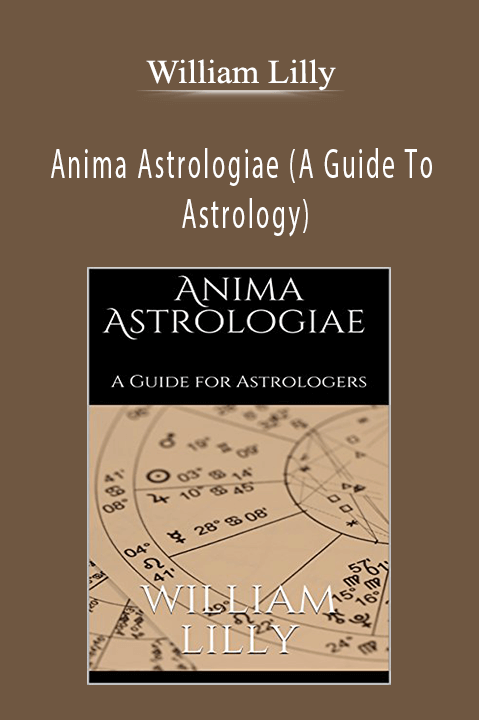

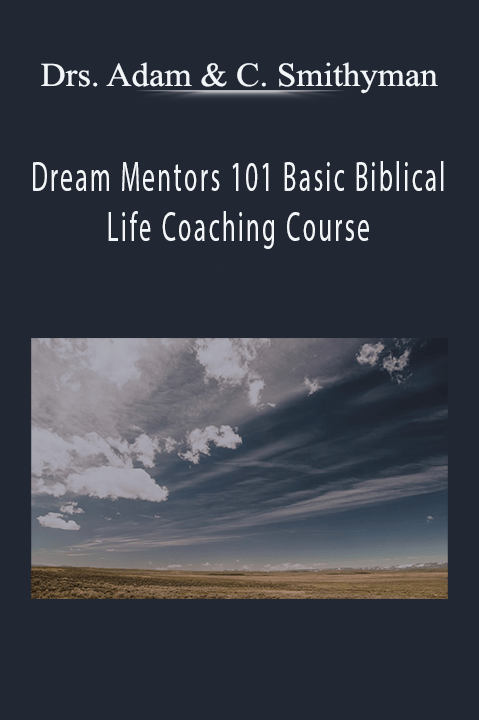

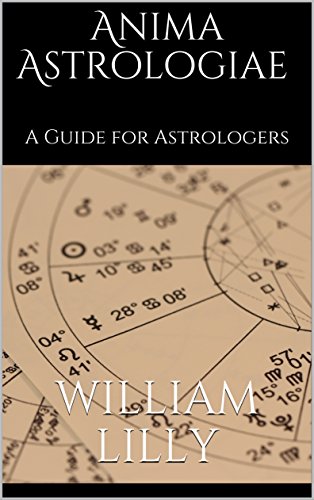
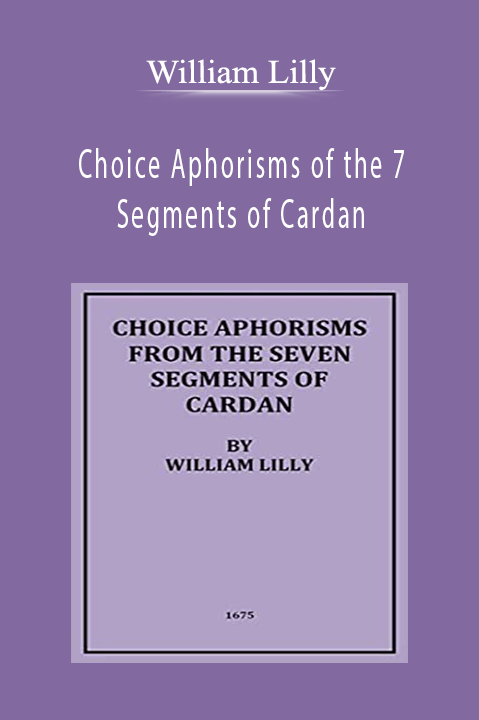
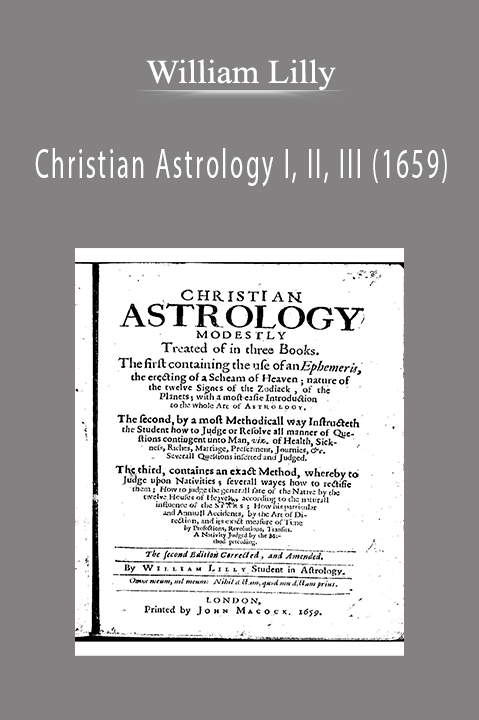
8 reviews for Anima Astrologiae (A Guide To Astrology) – William Lilly
There are no reviews yet.